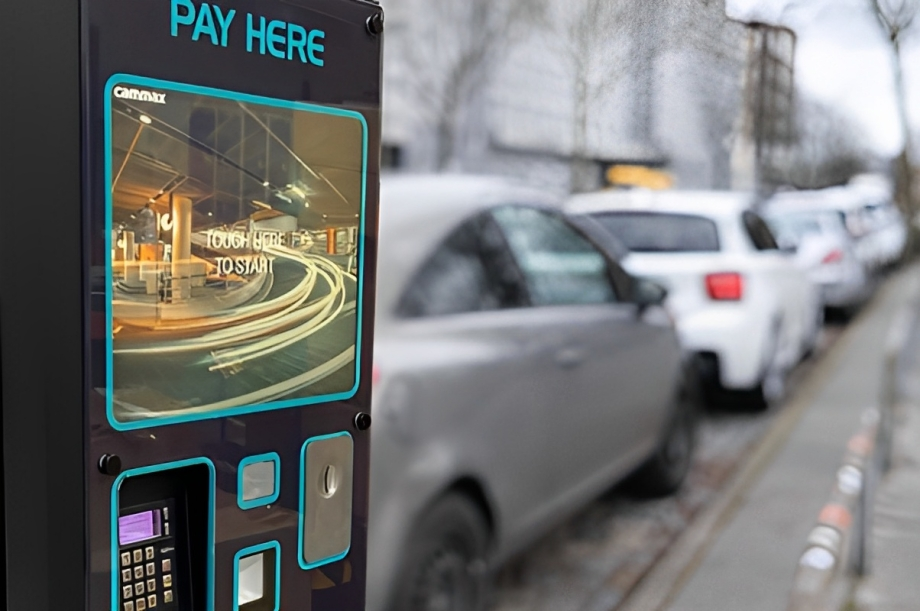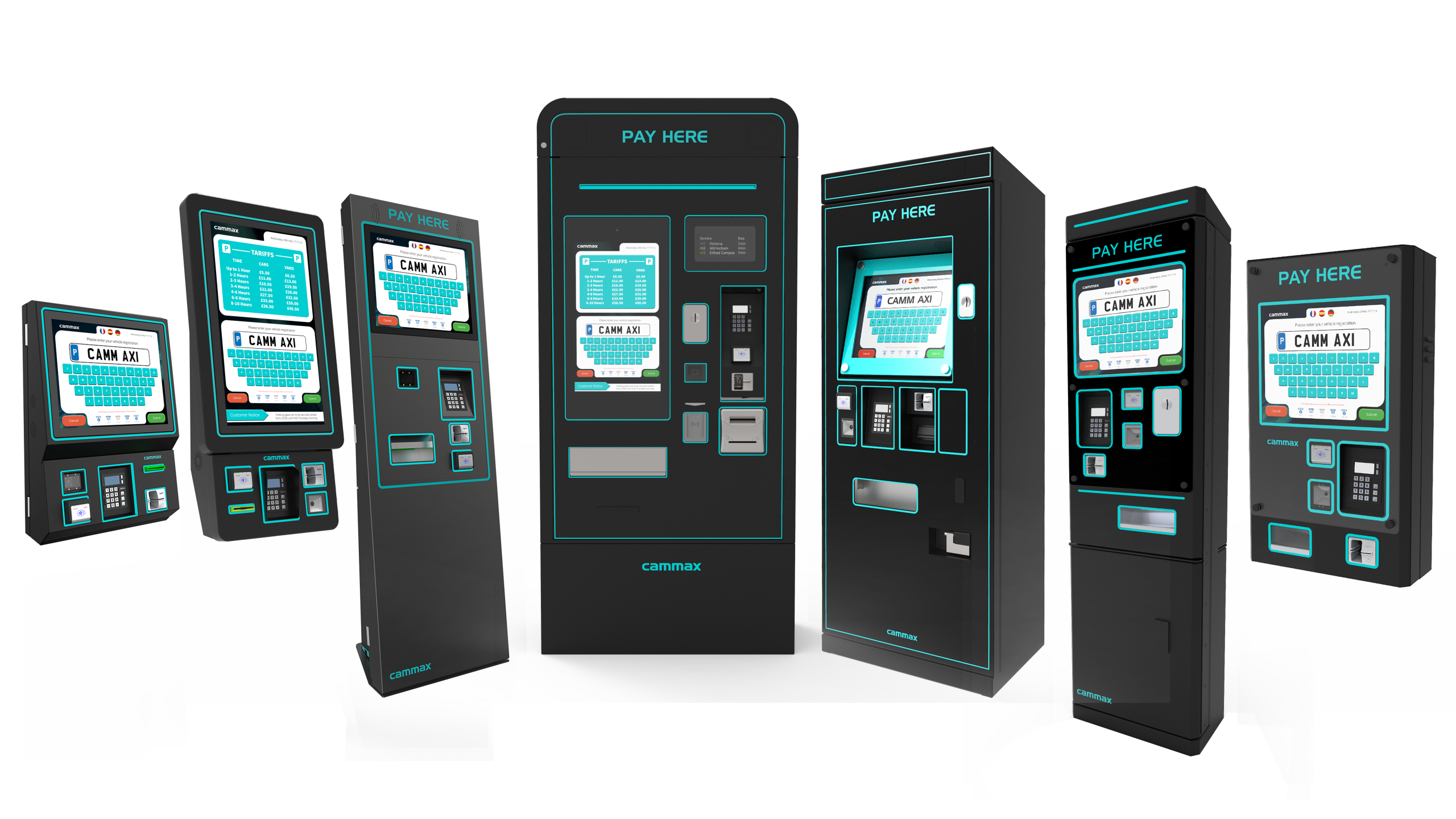
It could well be the end of the road for the National Parking Platform (NPP), as the UK government has confirmed its decision to withdraw public funding from the ambitious scheme. First developed by the Department for Transport (DfT) in 2019, the NPP was touted as a game-changing solution to the fragmented parking payment landscape. But now, less than 18 months after the announcement that it will be rolled out nationwide, the scheme’s future has been thrown into doubt.
Transport Minister Lilian Greenwood revealed last week that taxpayer support for the platform’s pilot phase will cease from the end of March 2025. The decision, ministers say, has been driven by affordability issues and wider departmental financial pressures. For many in the parking sector, the news marks a significant setback for efforts to simplify parking payments and improve the driver experience. Yet for others, particularly those critical of app-based systems, this latest development could serve as a perfect opportunity for a much-needed rethink.
The fragmented nature of parking payment systems has been a longstanding source of frustration for many UK motorists. With an estimated 30 different parking apps currently operating across the country, including major players like RingGo, PayByPhone and JustPark, drivers often find themselves juggling multiple applications depending on their location.
The NPP was conceived as an elegant solution to this digital chaos, promising a unified “one app fits all” approach. By creating underlying technology that would connect thousands of council and privately-owned parking sites into a single cohesive system, the NPP aimed to streamline the parking payment experience for drivers nationwide.
Since 2021, the platform has undergone live trials in various local authorities including Manchester, Oxfordshire, Coventry, Peterborough, East Suffolk, Buckinghamshire, Liverpool and Cheshire West and Chester. The former government officially launched the initiative in September 2023, with nationwide implementation initially scheduled for late 2024- plans that were ultimately disrupted by the general election.
While Simon Williams, head of policy at the RAC, expressed disappointment over the government’s decision to “pull the plug on the NPP after more than five years,” many parking app detractors are unlikely to share those sentiments.
Parking apps have faced mounting criticism in recent years, with concerns ranging from hidden charges to accessibility issues. A revealing investigation by MailOnline last year uncovered that motorists were frequently paying premium prices when using apps like RingGo compared to traditional methods like parking payment machines. In Bicester, Oxfordshire, for example, drivers using RingGo were charged £2 for an hour’s parking on Market Square, while the standard council price was £1.70. This 30p difference, comprising a 20p “convenience fee” and a 10p text message “reminder charge”, exemplifies the hidden costs that have fuelled public distrust.
Beyond the hidden fees, perhaps more concerning is the potential for digital exclusion. Parking apps are built on the assumption that everyone owns and is comfortable using a smartphone. But for many, particularly elderly or vulnerable individuals, that simply isn’t the case. Several organisations have spoken out about the risks of phasing out traditional payment methods.
Last year, Neil Worth, chief executive of GEM Motoring Assist, said: “Not everyone has a smartphone, so it is simply not right that parking in our town centres and high streets should be available only to those who do have one. It seems a clear case of discrimination against those who cannot – or would rather not – switch to app-based payments.”
Caroline Abrahams, Charity Director at Age UK, echoed these concerns, warning: “In introducing policies such as these (removal of parking payment machines), we could risk blocking vulnerable people’s access to essential in-person services.”
The controversy became so pronounced that in 2023, then-Levelling Up Secretary Michael Gove took the step of writing directly to council chiefs to emphasise that high street parking should not be “solely available for those who have access to a mobile phone.”
Beyond these accessibility concerns, practical issues such as poor mobile coverage in car parks and rural areas have led to numerous instances of drivers later receiving penalty notices through no fault of their own.
Despite the digital push, research consistently shows that UK drivers maintain a strong preference for traditional payment methods. A comprehensive survey by Autocar revealed that an overwhelming 83% of UK motorists prefer using parking payment machines over apps. From their sample of 1,387 drivers, more than four in five expressed a preference for cash or contactless card payments, primarily due to reluctance to download multiple parking applications.
Only 14% of respondents favoured parking apps over physical payment options.
The Autocar findings also uncovered how safety and security worries play a significant role in this preference, concerns that have proven to be well founded. In late 2023, consumer group Which? issued a warning about a rise in fake parking apps on the Google Play Store, designed to lure users into unwanted subscriptions. Meanwhile, the British Parking Association (BPA) warned of scammers placing fake QR codes on parking machines. These codes redirected unsuspecting users to fraudulent websites designed to steal payment information, a worrying development that’s further dampened public trust in app-based systems.

With the NPP now on pause and concerns about app-based payments becoming more prominent, there is a growing consensus that the future of parking lies in offering choice, not pushing motorists down a single path. This has led to a renewed appreciation for the reliability and inclusivity of physical parking payment machines.
Far from the outdated payment terminals encountered by some motorists, today’s machines are evolving rapidly, offering a seamless blend of traditional and digital payment options that cater to the needs of a diverse and modern driver base.
Companies like Cammax are leading this evolution, developing hybrid parking payment machines that are designed to support both cash and cashless transactions. This dual capability ensures that all motorists, whether they prefer coins, contactless cards, or mobile payments, can pay in a way that suits them. For operators, this not only improves accessibility but also helps reduce the risks associated with relying solely on mobile apps or digital infrastructure, particularly in areas with poor signal coverage.
Modern payment machines are built with long-term reliability in mind. Many now feature intelligent monitoring systems that allow for real-time, remote diagnostics of each component. This means that operators can proactively identify and address issues before they disrupt service, keeping machines operational around the clock and ensuring a smooth experience for drivers.
Security is also a key focus. Today’s leading machines are engineered to resist vandalism and unauthorised access, with reinforced panels, keyless entry mechanisms, and robust internal locking systems. These features not only protect the hardware itself but also safeguard the sensitive payment data being processed, offering peace of mind for both operators and users.
Importantly, these machines don’t just offer flexibility in terms of payment options, they’re also highly customisable. Cammax’s range of parking solutions can be adapted to suit a wide variety of operational models, including Pay on Exit, Pay on Entry, Pay and Display, and VRM Allow List systems. Each machine can be tailored to integrate seamlessly with existing infrastructure or bespoke requirements, allowing operators to meet specific site demands or partner-requested functionality.
This level of software flexibility ensures that parking systems are not only future-proof but also scalable. Whether it’s a local authority managing high-street parking or a private operator overseeing a multi-site operation, hybrid parking terminals offer a versatile and inclusive solution that puts the needs of all users first.
The government’s decision to pull funding from the NPP may have brought an end to one vision of unified parking payments, but it also opens the door to a more balanced and inclusive approach. Rather than focusing solely on digital consolidation, the future of parking must account for the needs, preferences, and realities of all motorists.